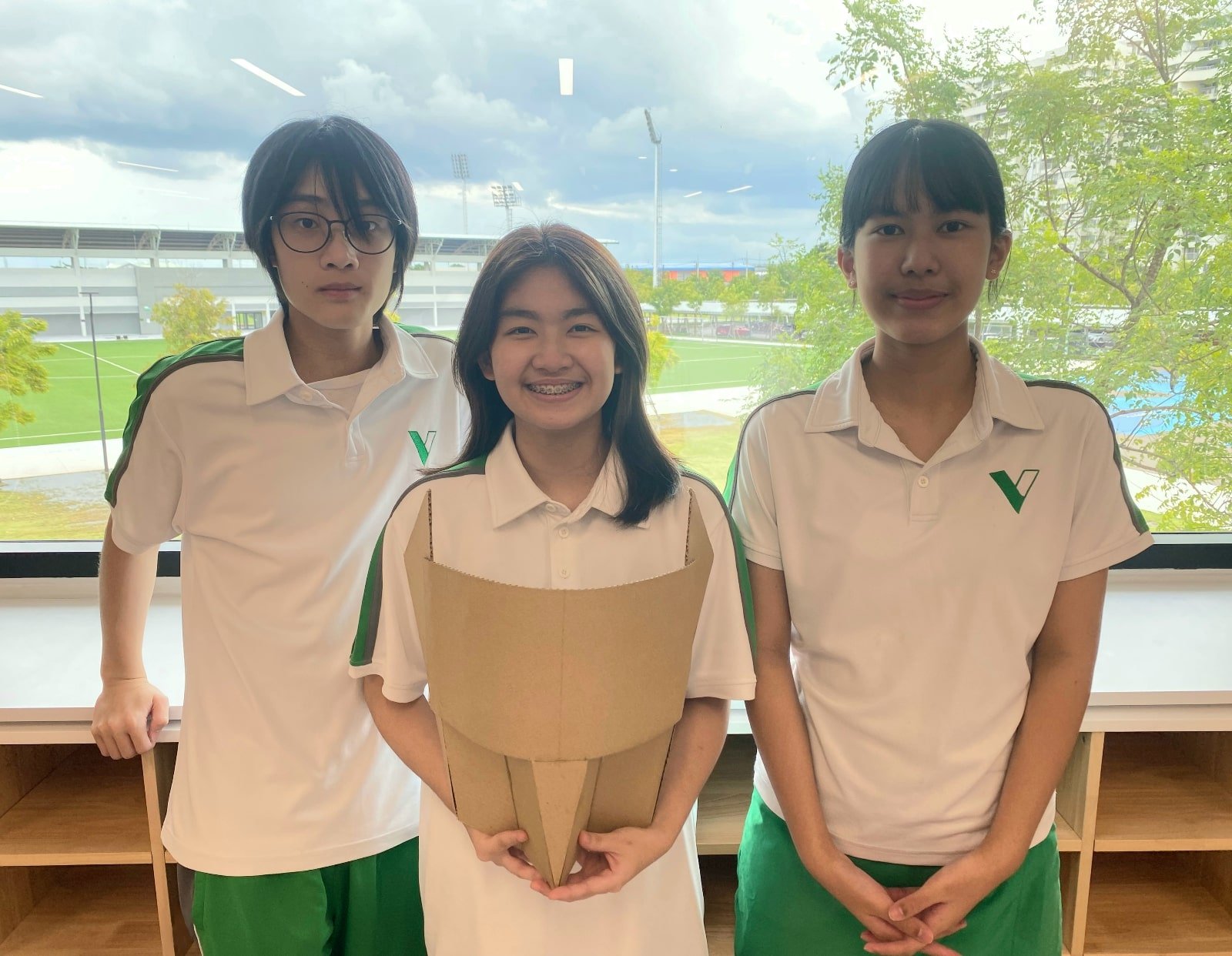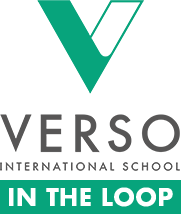VERSO Learners Win Award at Biomimicry Institute’s Youth Design Challenge
VERSO International School in Bangkok achieved a remarkable accomplishment as our Upper Loop learners secured third place in the International High School category of the Biomimicry Institute's 2022-2023 Youth Design Challenge (YDC). The YDC, organized by the Biomimicry Institute, US, is an open-access program that introduces students to biomimicry, a practice that draws inspiration from nature to address sustainability challenges. The award was announced on 23 May 2023.
Congratulations to our 10th grade learner Nichchamon (Nicky) Abdullor, and 11th grade learners, Sarankorn (Pu) Payungwataseth and Achiraya (Peachy) Limpanich, who won third place in the International High School category of the Biomimicry Institute 2022-2023 Youth Design Challenge (YDC).
The Biomimicry Institute, based in Montana, United States, is a nonprofit organization dedicated to promoting nature-inspired solutions for a healthier planet. One of its initiatives in the YDC, an open-access experience that guides middle and high school teachers and students through a project-based curriculum centered around biomimicry, which draws inspiration from nature to solve problems in regenerative ways.
Now in its sixth year, the YDC received a record 177 submissions from 16 countries and addressed a wide array of Sustainable Development Goals (SDGs). Students must choose one SDG to address and solve a related problem through an iterative design process, engaging with nature from a new perspective.
Together with other participants, our students, or Team 2PN, proposed a unique nature-inspired idea to solve a local design challenge: the EROSO helmet. They chose the SDG3 Goal of "Good Health and Well-being" to design their helmet which aims to encourage people to wear helmets when riding motorbikes to prevent and reduce accidents on Bangkok roads.
The high school learners entered this international design competition with their project, which was part of their learning lab on Biomimicry last semester, and took on the challenge of designing a helmet that not only meets safety standards but also provides better ventilation, comfort, hygiene and protection. Their design was inspired by three living organisms: the Saiga antelope for better ventilation, the Bighorn sheep for protection and shock absorption in case of accidents, and the Saharan Silver ant for comfort and maintaining a cool temperature inside and outside the helmet.
Hear what our learners had to say as they reflect about their learning experiences on this project
 Inspiration in designing the EROSO helmet was drawn from (L to R) the Bighorn sheep, Saiga antelope, and the Saharan Silver ant
Inspiration in designing the EROSO helmet was drawn from (L to R) the Bighorn sheep, Saiga antelope, and the Saharan Silver ant
"Statistics in Thailand show that 21% of motorcyclists do not wear helmets due to discomfort and poor ventilation, which leads to more traffic accidents resulting in death," Pu explains. According to Peachy, the team studied the behavior, appearance, body parts and factors that may have influenced the behavior or appearance of the three organisms at their time.
"We embarked on a thorough research process, examining in depth the behavior, appearance, and other relevant factors of the selected organisms. This comprehensive understanding enabled us to transfer the organisms' features effectively to our helmet design. By combining biomimicry principles with our problem-solving approach, we were able to create a helmet that addressed the comfort and safety concerns of motorcyclists," Nicky said.
"I really enjoyed working with my teammates to find the inspiration to explore the different features in designing the helmet. It was a challenging project but worth it".
-PEACHY
"We are really proud of the learners and how they have shown excellent teamwork and great resilience throughout the process. This shows what VERSO is all about - biomimicry is about being a citizen designer using nature as inspiration to solve human problems," shared Chrissy Nagle, Upper Loop Learning Designer at VERSO International School in Bangkok, who also coached the learners for this competition.
"Although learning was more important to us than winning the competition, this result confirms that learners' dedication to trusting the design process can lead to better quality results," said Upper Loop Learning Designer Michael Delfino.
-1.jpg?width=181&height=209&name=IMG_20210415_171834%20(1)-1.jpg) "We are really proud of the learners and how they have shown excellent teamwork and great perseverance throughout the process. This shows what VERSO is all about - biomimicry is about being a citizen designer using nature as inspiration to solve human problems"
"We are really proud of the learners and how they have shown excellent teamwork and great perseverance throughout the process. This shows what VERSO is all about - biomimicry is about being a citizen designer using nature as inspiration to solve human problems"
-CHRISSY NAGLE, Upper Loop Learning Designer
VERSO follows the American curriculum and embraces project-based learning (PBL) as the central approach to teaching as it fosters the development of the learners’ design thinking process. PBL engages learners in real-world, meaningful projects that encourages critical thinking, collaboration, and problem-solving skills. The success of Team 2PN in the YDC exemplifies the efficacy of this educational approach in nurturing creative and innovative thinkers and in creating powerful learning experiences that promote individual growth and academic achievement.
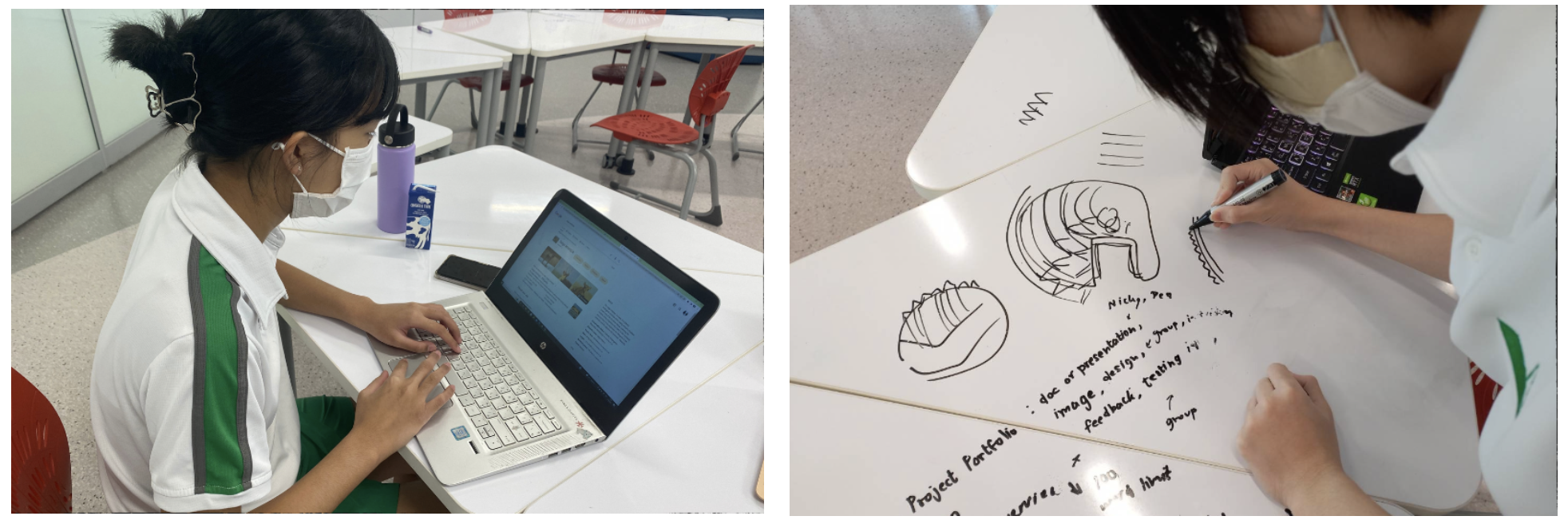 Uncover & Interpret: Nicky and Pu researching and brainstorming on the intention and design of the helmet
Uncover & Interpret: Nicky and Pu researching and brainstorming on the intention and design of the helmet
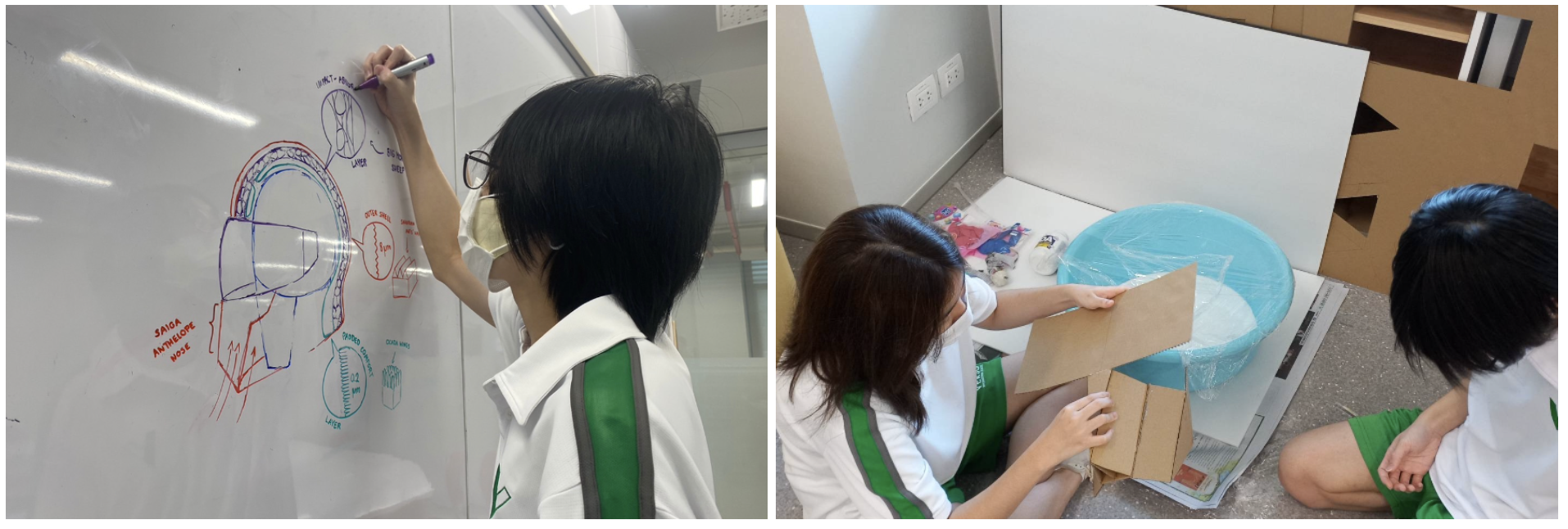 Prototype & Test: Pu and Peachy begin designing prototypes on how the structure of the helmet will look and testing various features of their ideas to gather information for their next move
Prototype & Test: Pu and Peachy begin designing prototypes on how the structure of the helmet will look and testing various features of their ideas to gather information for their next move

Review & Evolve: The students get feedback from their Learning Designer Thomas Tran and Matthew Bonnell on how they can improve their helmet design
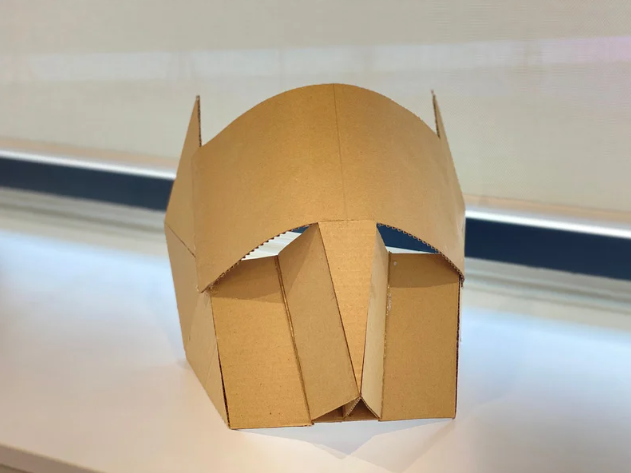
Finished Prototype: After three weeks of going through their Design Thinking process for this contest, the students are ready with their final prototype! - the EROSO Helmet!
What is Biomimicry?
“Biomimicry is a practice that learns from and mimics the strategies found in nature to solve human design challenges—and find hope.” -The Biomimicry Institute
In the Upper Loop Learning Lab on biomimicry, the learners were challenged with the driving question, "How can we use inspiration from nature to solve a human design problem?" They learned how to learn from nature instead of just learning about nature. Organisms on Earth have solved numerous difficult problems to overcome serious challenges and to survive in diverse environments. To learn how this was done, they studied natural selection and evolution, inheritance and variation of traits and the structure and function of life's building blocks. To effectively study relevant, local human problems, they also engaged in the study of causes and arguments, perspectives and interactions between humans and the environment.
As part of this learning lab, learners went on several Beyond the Walls trips and invited several guest speakers and experts including Dan Goustan Bodin, Founder of Grow Learning Gardens, a landscape architect and a permaculture designer to share their knowledge with the learners.
This learning lab brought together biology, human geography, English Language Arts and Communication and provided the learners opportunities to develop skills in research, ideation, prototyping, collaboration, with the final output being the submission of the EROSO Helmet to the Biomimicry Institute’s Youth Design Challenge with a written project overview, video pitch and project portfolio.
